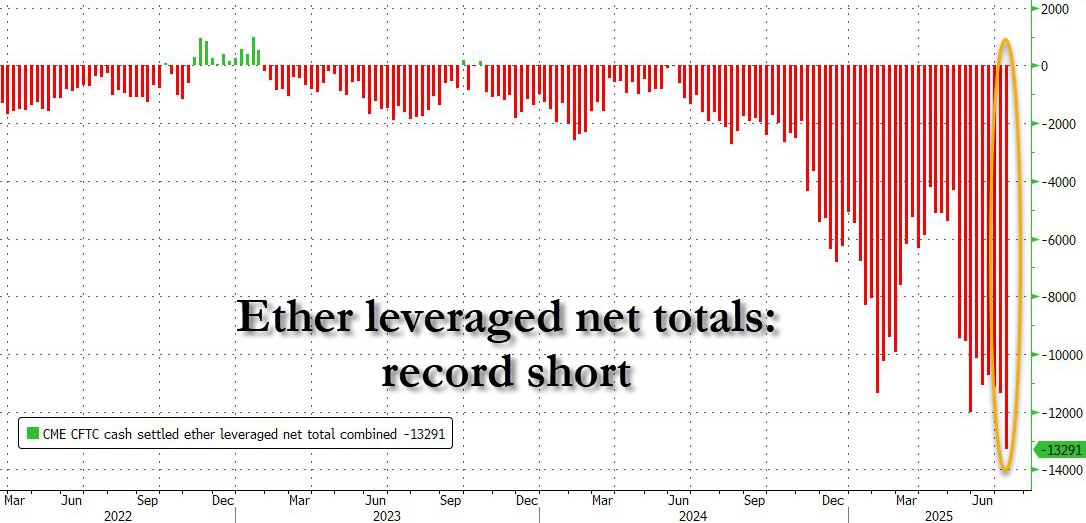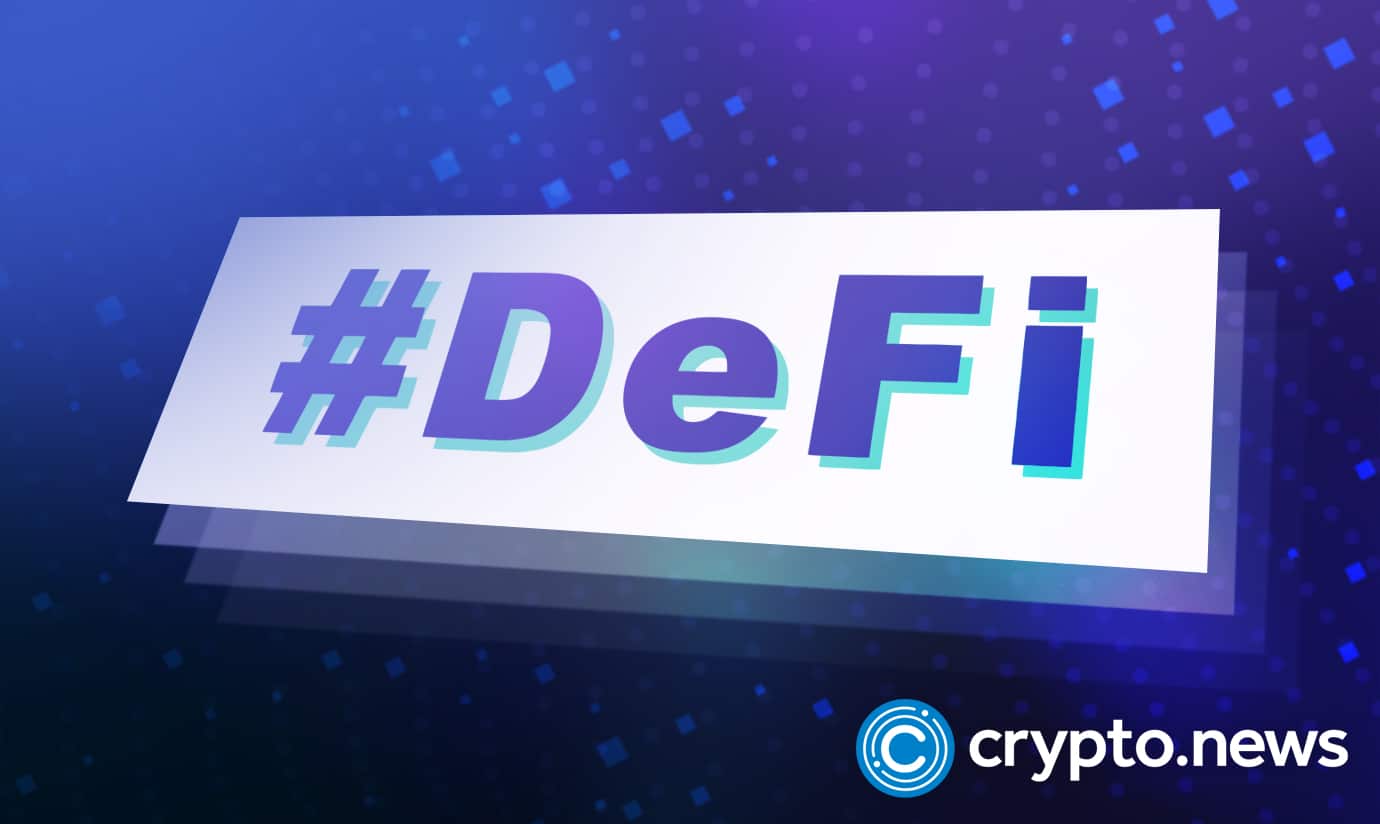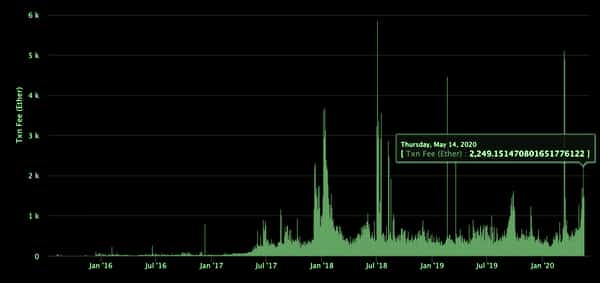2023-10-8 09:00 |
Ethereum’s founder, Vitalik Buterin, unveiled an innovative proposal this week aimed at refining the platform’s staking mechanism.
As the world’s second-largest blockchain by market capitalization, Ethereum’s continued evolution is crucial for its vast user base, and these proposed changes aim to bolster decentralization, efficiency, and security.
A Decentralized Vision for StakingThe primary concern addressed in Buterin’s proposal revolves around the limitations of the current staking system.
Notably, he pinpoints decentralization issues surrounding the selection process for node operators across various staking pools and identifies inefficiencies in the current Layer 1 (L1) consensus mechanism.
Presently, the constraints of solo staking combined with issues surrounding liquid staking mean that the platform can only process between approximately 100,000 to 1 million BLS signatures per slot.
A further complication arises from the need for accountability in signing, which demands a participation record for each signature. If Ethereum scales up globally, using full danksharding for storage might still fall short, with a mere 16 MB per slot accommodating around 64 million stakers.
Drawing inspiration from models implemented by Rocketpool and Lido, Buterin suggests adopting a two-tiered staking system. In this structure, Node Operators and Delegators emerge as central figures.
To rectify this, Buterin suggests a two-tiered staking model:
A high-complexity slashable tier with frequent activity but limited participants (around 10,000). A low-complexity tier, where members engage sporadically and face minimal or no slashing risk.This model would involve the modification of the validator balance cap and implementing a balance threshold to categorize validators into these tiers.
Buterin elaborates on potential roles for small-stakers:
Random selection of 10,000 small-stakers for each slot who sign off on their slot’s head. If divergences arise between the staker and node operator choices, it triggers an error, prompting community intervention. A system where a delegator declares their online presence, offering to serve as a small-staker for a set duration. For a node’s message to be acknowledged, it needs endorsement from both the node and a randomly picked delegator. An approach in which delegators signal their availability, and subsequently, chosen delegators confirm their online status. These delegators can then publish inclusion lists for block validation.The roles envisioned for small-stakers are characterized by their sporadic participation and non-slashable nature. Importantly, these roles tackle the significant issue of a potential 51% node operator majority attempting transaction censorship.
Buterin also contemplates these solutions in the context of staking pool features. He suggests protocols allowing validators to designate two staking keys: a persistent key and a temporary one, which, when combined, influence the block finalization process.
The ImplicationsButerin’s proposal isn’t just technical fixes; it’s a vision for Ethereum’s future. By decentralizing the staking process further and integrating safety nets, he aims to:
Empower those lacking resources for solo staking, granting them meaningful participation avenues. Reduce the transaction processing load on Ethereum’s consensus layer, making it easier for all to run a validating node.By diffusing the staking process and embedding safeguards, the objectives are clear: to empower those who traditionally lack the means for solo staking by offering them a meaningful way to participate and alleviate the transaction processing strain on Ethereum’s consensus layer. This ensures a more accessible platform for everyone intending to run a validating node.
The proposed refinements underscore the pressing need for minimal, strategic protocol modifications, all pointing towards a balanced, decentralized, and high-functioning Ethereum network.
The post Vitalik Buterin proposes two-tier model to address ‘centralization challenges’ in Ethereum staking appeared first on CryptoSlate.
origin »Bitcoin price in Telegram @btc_price_every_hour
Ethereum (ETH) на Currencies.ru
|
|















